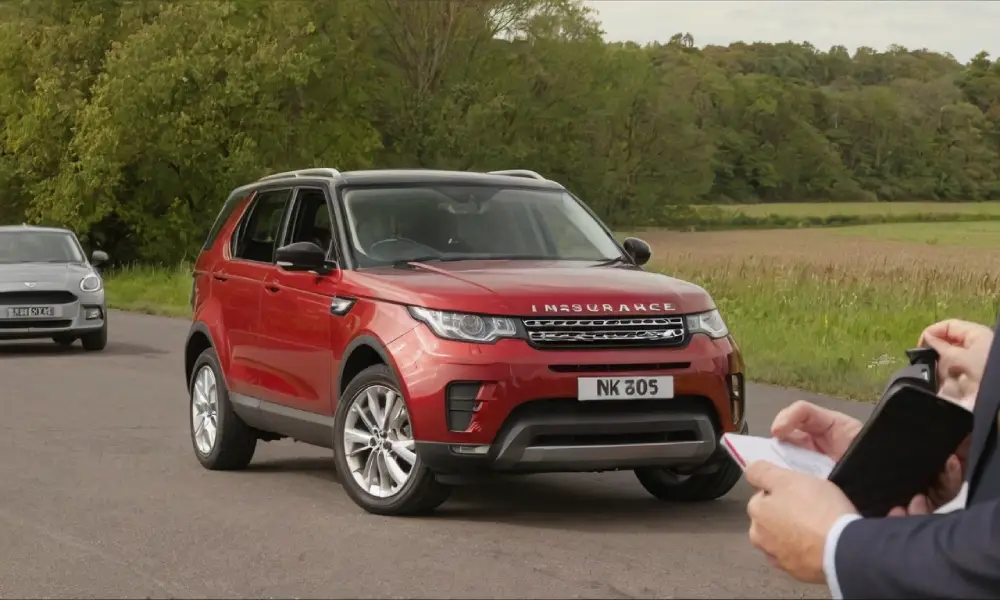Fear not — this guide will walk you through everything you need to know about your car insurance in plain English and plenty of actionable tips.

Should You Care About Your Car Insurance?
Let’s face it, car insurance isn’t the most exciting topic. However, understanding your policy can save you money, ensure you’re adequately protected, and avoid potential fines or penalties.
In the UK, having at least third-party car insurance is a legal requirement. Not knowing your coverage could leave you vulnerable to:
- Unexpected repair costs
- Legal troubles
- Increased premiums if you claim unnecessarily
So let’s break it down, step by step.
Step 1: Find Your Insurance Policy
You’d be surprised how many people forget who their insurer is. Here are three ways to locate your policy details:
- Check Your Emails: Search for keywords like “insurance policy,” “premium,” or the name of your insurer.
- Dig Into Your Paperwork: If you’re old-school, rummage through your drawers for physical policy documents.
- Use the MID: The Motor Insurance Database (MID) lets you verify if your car is insured. Visit askMID.com and enter your registration number. Note: This won’t give you policy details but confirms if your car is covered.

Step 2: Understand Your Policy Type
Car insurance comes in three main flavours:
| Type of Insurance | What It Covers | Who It’s Best For |
|---|---|---|
| Third-Party Only | Damage to others’ property or injuries caused to others. | Budget-conscious drivers or those with older vehicles. |
| Third-Party, Fire & Theft | Same as above, plus fire damage or theft of your vehicle. | Drivers in moderate-risk areas with older cars. |
| Comprehensive | Everything above, plus damage to your own vehicle, regardless of fault. | Anyone seeking full peace of mind. |
Step 3: Decode the Key Terms in Your Policy
Insurance documents often sound like they were written by lawyers who moonlight as poets. Here are some terms you’re likely to encounter:
- Excess: The amount you pay towards a claim before your insurer covers the rest. Think of it as your financial skin in the game.
- No Claims Discount (NCD): A reward for not making claims. The longer you go claim-free, the bigger your discount.
- Courtesy Car: A replacement car provided while yours is being repaired. (Unless they give you a Fiat Panda and call it courtesy… then it’s just irony.)
- Named Driver: Someone else insured to drive your car. Handy for sharing the driving load or guilt-tripping your partner into picking you up.
Step 4: Review the Extras
Add-ons can enhance your policy but often come at a cost. Common extras include:
- Breakdown Cover: Roadside assistance if your car decides it’s had enough.
- Legal Cover: Helps with legal fees if you’re involved in disputes after an accident.
- Personal Accident Cover: Provides compensation for serious injuries or fatalities.
Tip: Only pay for extras you’ll genuinely use. No point in splurging on European cover if your car never leaves the M25.
Step 5: Know Your Renewal Date
Forgetting your renewal date could mean an automatic renewal at a higher rate. Here’s how to stay on top:
- Set a Calendar Reminder: Schedule it a month before the renewal date to shop around.
- Enable Notifications: Most insurers send email or text reminders.
- Check Your Policy Document: Renewal dates are usually on the first page.
Step 6: Compare Policies and Save Money
Shopping around isn’t just for groceries. Use comparison websites like ComparetheMarket, Confused.com, or GoCompare to explore better deals.
Tips for Comparing Policies
- Look Beyond Price: Check coverage details and excess amounts.
- Be Honest: Fudging details can invalidate your policy.
- Consider Pay-Per-Mile Insurance: Ideal for low-mileage drivers.
Step 7: Keep Your Policy Handy
Gone are the days of losing paperwork. Store a digital copy on your phone or computer. Bonus points for using cloud storage, so it’s accessible anywhere.

FAQs
Q: How can I tell if I’m getting a good deal?
A: Compare at least three quotes and focus on value, not just price.
Q: Do I need comprehensive cover if I rarely drive?
A: Possibly not. Third-party or pay-per-mile could be more cost-effective.
Q: What happens if I’m uninsured?
A: You risk fines, points on your license, and your car being impounded. Ouch!
In Summary
Knowing your car insurance isn’t rocket science — it’s about staying organised and informed. By following these steps, you’ll avoid nasty surprises and maybe even save some money. Plus, who doesn’t love a bit of peace of mind when cruising down the M1?